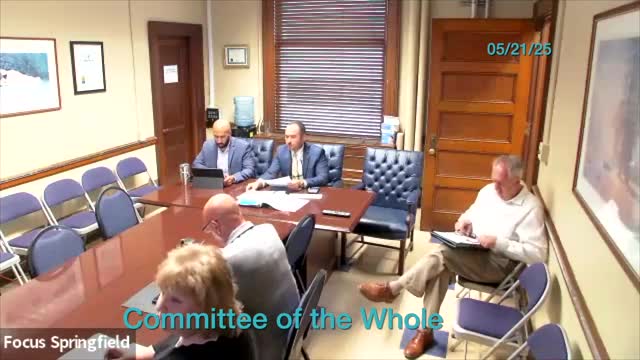Article not found
This article is no longer available. But don't worry—we've gathered other articles that discuss the same topic.
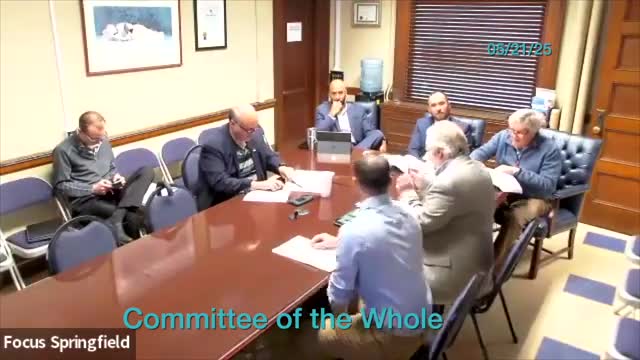
IT says regular audits and self-testing keep city systems under review; officials decline to detail specific infrastructure
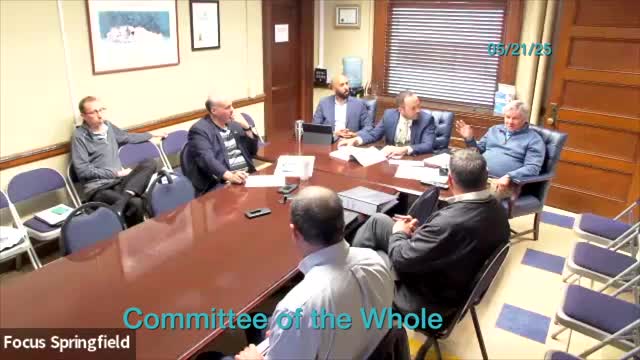
City Clerk to roll out CivicPlus agenda/minutes software to improve public access

Building department readies online permitting with OpenGov; raises helped retain inspectors
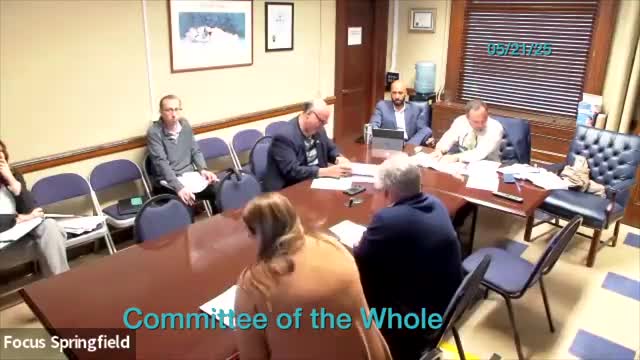
City moves zoning administration and two inspectors to planning to strengthen neighborhood accountability
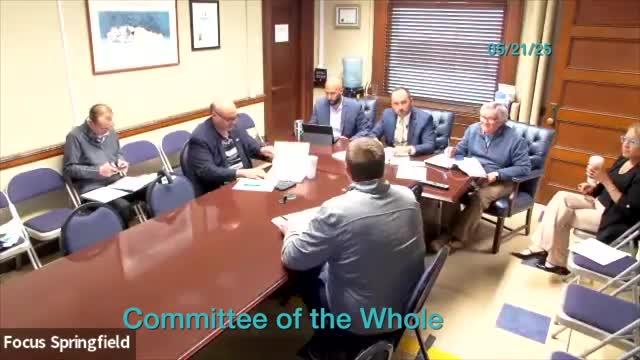
311 director says new phone system and app updates aim to modernize citizen requests
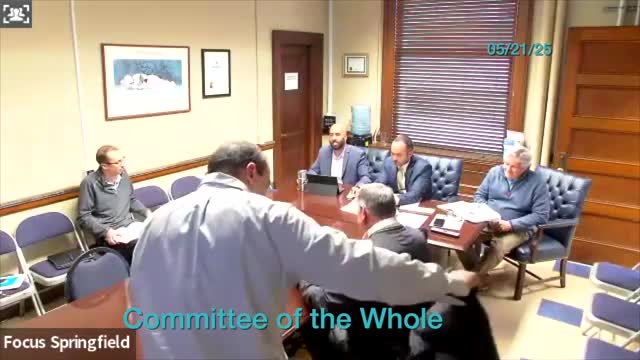
DPW budget rises amid rising landfill and recycling costs; council hears about trash fees, snow and Tapley Street property dispute
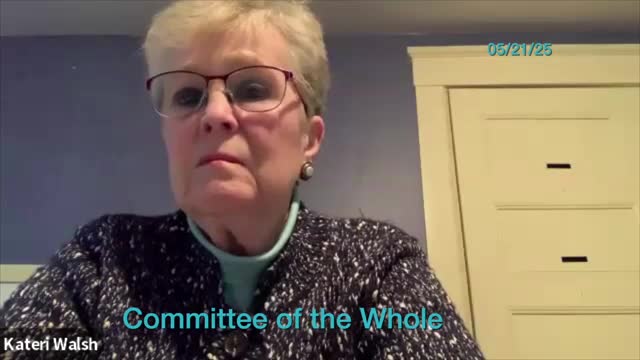
Facilities management budget rises slightly as city factors sustainability and snow removal costs
